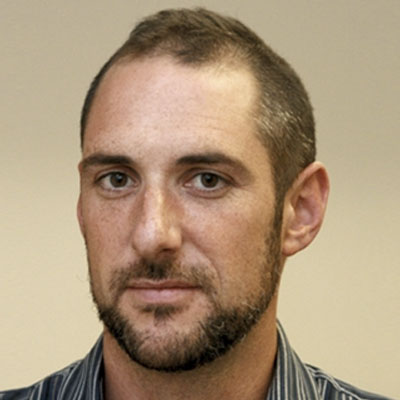Two weeks after online retailer Newegg filed a petition complaining about "excessive and unreasonable" delays in getting a final judgment in its patent case, the judge in that case has handed Newegg a big win.
In an order published yesterday afternoon, US District Judge Rodney Gilstrap ruled (PDF) that Newegg doesn't infringe a patent belonging to TQP Development, notwithstanding a 2013 jury verdict that granted $2.3 million to TQP, a "patent troll" with no business other than patent licensing.
TQP, which was owned by well-known patent asserter Erich Spangenberg, claimed that the 5,412,730 patent covered any website using the SSL together with the RC4 cipher, a common Web encryption scheme for retailers and other sites. Under Spangenberg's guidance, the TQP patent was used to sue more than 100 companies, garnering some $45 million in settlements by the time of the Newegg trial.
In post-trial motions, Newegg argued that it couldn't be found to infringe, because it doesn't change "key values" with each block that's transmitted. Gilstrap's new order embraces that argument, vacates the jury's verdict, and finds that Newegg doesn't infringe the patent.
Call me maybe?
Gilstrap also complains that Newegg's mandamus petition was a "shoot first and ask questions later" approach, and the judge suggests that the delay could have been resolved with a simple phone call to his staff.
"The Court is aware that more time has passed since the briefing has been complete on Newegg’s Motion than is optimal," Gilstrap writes. Acknowledging it's been 20 months since trial, Gilstrap notes that it's been just 12 months since the post-trial motions were briefed, and an electronic notice filed with the Clerk's office "is the sole action Newegg has taken." He continues:
Never once in this time has counsel for Newegg directly contacted the Court’s staff inquiring about this matter. How this situation could simultaneously be so prejudicial that a resort to mandamus might be considered while, at the same time, Newegg could not be troubled to pick up a phone and call the Court’s staff is baffling.
Finally, the Court intends to address, by written opinions, the issues that it has carried within a reasonable time. The Court, like most courts, has a busy docket, which periodically may cause more time to pass in a particular case than is optimal. In the future, the Court suggests that the parties themselves would be better served (and costs reduced) if they elected not to shoot first and ask questions later.
In a footnote, Gilstrap appears to blame a clerk's error for the oversight. He says he "immediately asked the District Clerk to investigate," and the clerk told him that an order staying case number 11-cv-428 was "inadvertently docketed" in the Newegg case, which is numbered 11-cv-248. That resulted in a "stay flag" in the court database, and the Newegg case didn't show up on the judge's report of pending motions.



 Loading comments...
Loading comments...
